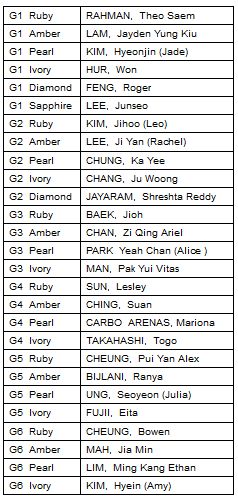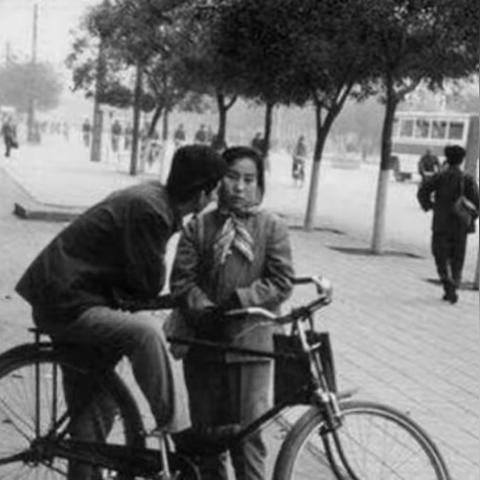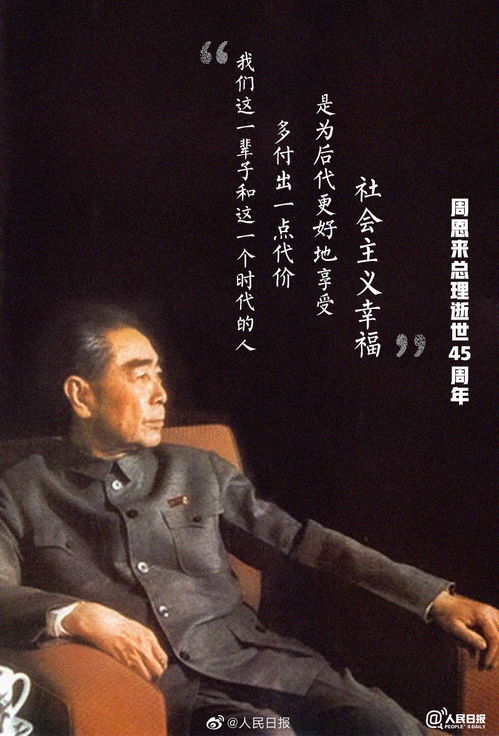Primary education is of great significance. It is the foundation of a person's overall development. During this stage, children learn fundamental knowledge and skills, laying the groundwork for future learning. It helps them develop good habits, such as reading, writing, and thinking. Primary education also nurtures social skills and a sense of responsibility. It prepares children to interact with others and become active members of society. Moreover, it plays a crucial role in shaping a child's character and values. Overall, primary education is essential for a child's growth and success in life.
Primary education is the foundation upon which a child's educational journey is built. It is a crucial stage in a person's life that lays the groundwork for future learning, personal growth, and social development. In this article, we will explore the various aspects of primary education and its significance.
The Foundation of Knowledge and Skills
During the primary years, children acquire fundamental knowledge and skills that are essential for their overall development. They learn to read, write, and do arithmetic, which are the building blocks of academic success. Reading is not only about recognizing words but also about understanding and interpreting text. It opens up a world of knowledge and imagination, allowing children to explore different ideas and perspectives. Writing, on the other hand, helps children express their thoughts and feelings, develop their creativity, and improve their communication skills. Arithmetic is necessary for everyday life and for more advanced learning in later years. By mastering these basic skills, children are better equipped to handle more complex academic tasks and challenges.
In addition to academic skills, primary education also focuses on developing practical skills such as problem-solving, critical thinking, and creativity. Through various activities and projects, children are encouraged to think outside the box, find solutions to problems, and express their unique ideas. These skills are not only important for academic success but also for future careers and personal life. They enable children to adapt to changing circumstances, think independently, and make informed decisions.
The Development of Social Skills
Primary education provides a platform for children to interact with their peers and develop social skills. In a classroom setting, children learn to cooperate, share, and respect others. They engage in group activities and learn to work together towards a common goal. This helps them develop teamwork skills, which are essential in many aspects of life. Through social interactions, children also learn about different cultures, values, and beliefs, which broadens their perspective and promotes social harmony.
In addition to teamwork, primary education also focuses on developing other social skills such as communication, leadership, and empathy. Children learn to express themselves clearly, listen to others, and build positive relationships. They may also have opportunities to take on leadership roles and develop their confidence and self-esteem. Empathy is another important social skill that children learn in primary school. They learn to understand and share the feelings of others, which helps them develop a sense of kindness and compassion.
The Cultivation of Good Habits and Values
Primary education is also an important time for children to cultivate good habits and values. During these years, children are in a stage of rapid development and are more receptive to learning and adopting new behaviors. Teachers and parents can play a crucial role in instilling good habits such as按时起床, 按时完成作业, 保持整洁等. These habits will not only benefit children in their academic life but also in their future careers and personal life.
In addition to good habits, primary education also focuses on teaching values such as honesty, respect, responsibility, and kindness. These values are the foundation of a healthy and harmonious society. By teaching children these values, we are equipping them with the tools they need to become responsible and productive members of society. Values are not only important for personal growth but also for the well-being of society as a whole.
The Impact on Future Learning
The primary years are a critical period for a child's future learning. The knowledge and skills acquired during this time lay the foundation for more advanced learning in later years. A strong primary education provides children with the confidence and motivation they need to succeed in school and in life. It also helps them develop a love for learning that will last a lifetime.
In addition to academic success, primary education also has a significant impact on a child's future career. The skills and knowledge gained in primary school are transferable to many different fields and occupations. Children who have a solid foundation in reading, writing, and arithmetic are more likely to succeed in higher education and in the workforce. They are also better equipped to adapt to changing technological and social trends.
The Role of Teachers and Parents
Teachers and parents play a crucial role in primary education. Teachers are responsible for providing high-quality instruction and creating a positive learning environment. They need to have a deep understanding of child development and teaching methods to effectively teach primary-aged children. Teachers also need to work closely with parents to ensure that children are supported and encouraged at home.
Parents, on the other hand, are the first and most important educators of their children. They have a significant impact on a child's early development and learning. Parents need to provide a nurturing and supportive environment at home, encourage their children's curiosity and exploration, and help them develop good habits and values. They also need to work closely with teachers to ensure that their children are on track with their learning and development.
Conclusion
Primary education is a crucial stage in a child's life that has a significant impact on their future. It provides the foundation for knowledge and skills, social development, and the cultivation of good habits and values. The primary years are a critical period for a child's future learning and career. Teachers and parents play a crucial role in primary education, and it is essential that they work together to ensure that children receive a high-quality education. By investing in primary education, we are investing in the future of our children and our society as a whole.
















 京公网安备冀I陇ICP备2022000946号-1
京公网安备冀I陇ICP备2022000946号-1
还没有评论,来说两句吧...